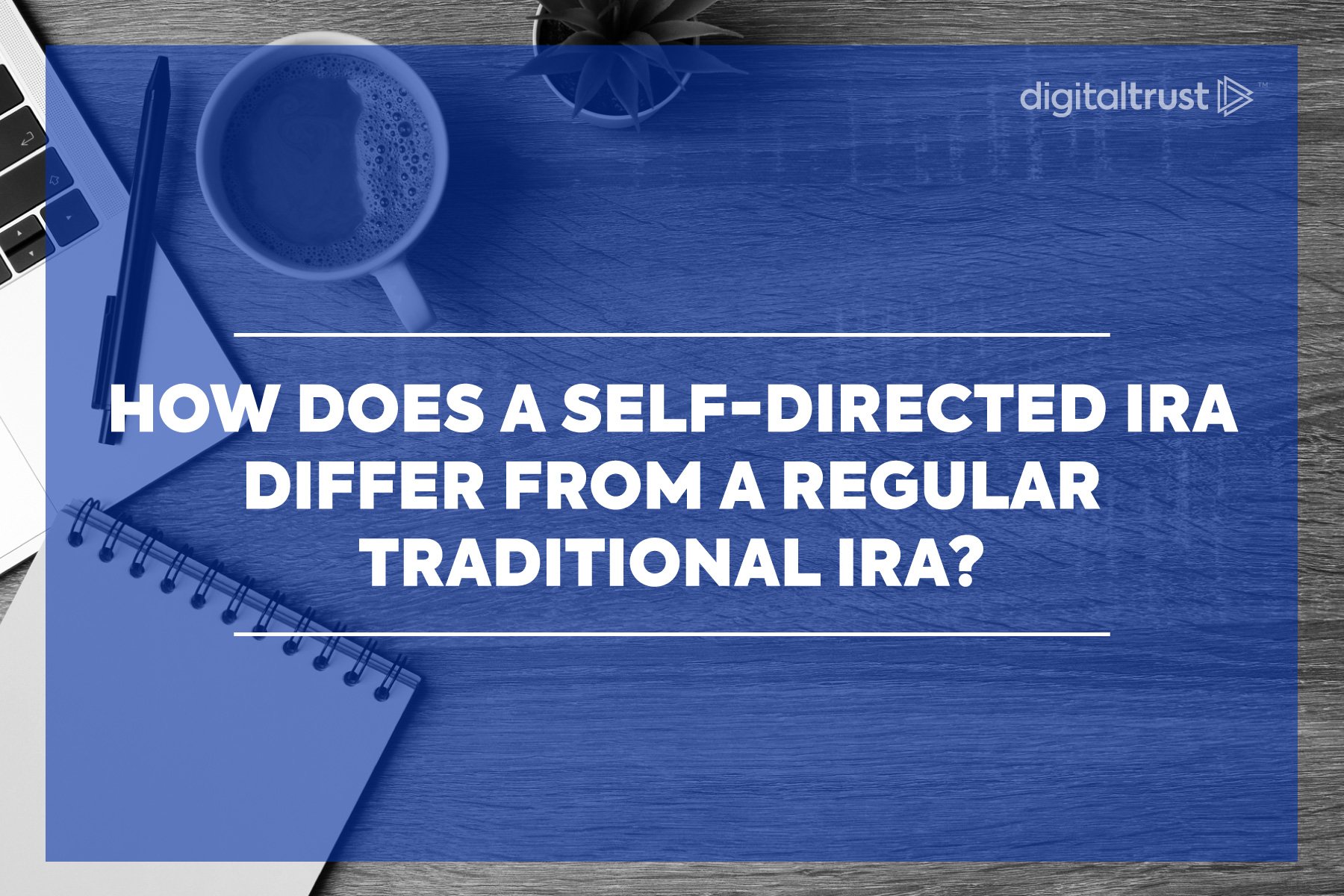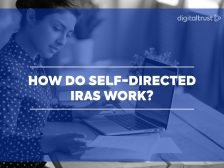Investors have a couple of options when they choose to put their money in an IRA: control the investment, or let someone else make choices on their behalf. The difference is in the choice of an IRA account, whether choosing a self-directed IRA or a regular traditional IRA.
Both will still defer taxes until retirement. So which type of IRA is best for the smart investor?
What is a Self-Directed IRA?
A self-directed IRA is an individual tax-sheltered retirement account. The account is held by a regulated custodian. Custodians of self-directed IRAs are not allowed to give financial advice or manage the assets in the accounts they hold. But they can
What really sets this retirement investment vehicle apart are the options available for investments. A self-directed IRA allows investors to hold alternative assets like real estate, cryptocurrencies, precious metals, stakes in non-public companies, cattle, and more. Different custodians will offer other investment vehicles, so investors with preferred assets should look for a custodian that will hold the specific asset you are interested in. There are limitations to what can be invested in, and there are rules around each type of investment.
Investors considering a self-directed IRA should understand the IRS’s rules around each retirement investment before deciding which is right for them. Some custodians, like Digital Trust, provide investors with information on different investments, but many do not. Savvy investors should be clear about the rules for a self-directed IRA account, if not, a Prohibited Transaction could take place in the account, which could lead to a complete distribution of the account as well as taxes and penalties.
What is a Regular Traditional IRA?
Regular traditional IRAs are similar in that holds the assets in the account for the investor. Regular traditional IRAs can typically invest in market-related assets like bonds, stocks, ETFs, mutual funds and certificates of deposit.
What are the Differences Between a Traditional and Self-Directed IRA?
The most significant difference between the two types of retirement accounts is what can be invested through them. In a regular traditional IRA, investors can be limited to market-related assets, and in a self-directed IRA, there is more power to invest in alternative assets.
Another difference is how much influence the custodian can have over the investment choices. While a custodian is not allowed to give financial advice for self-directed IRAs, a custodian of a regular traditional IRA may be able to pick and choose investments as they please.
Which Type of IRA is Right for Me?
Investing is a very personal choice. In a regular traditional IRA account, investors can be 100% hands-off if they don’t want the responsibility or don’t have the time to make investment decisions.
Self-directed IRAs can provide flexibility by allowing investors to be more hands-on while permitting investments in alternative assets. Investing in alternative assets can be another way to diversify a portfolio outside of the traditional finance system. Take the time to decide what is right for you.
Finding Alternative Investments for My Self-Directed IRA
Digital Trust offers a range of ways for investors to diversify retirement portfolios by considering investments in cryptocurrencies, real estate, precious metals, LLCs, and private equity. Their new investing platform offers users one of the most comprehensive ways to track, analyze, and invest in the market.
Take control of your financial future and invest in alternative assets with today.
Digital Trust, LLC is a custodian of self-directed accounts whose role is nondiscretionary and administrative only. The accountholder must direct all investment transactions and choose the investments for the account. Digital Trust has no responsibility or involvement in selecting any investment. Please consult with your competent tax advisor and/or legal counsel.



